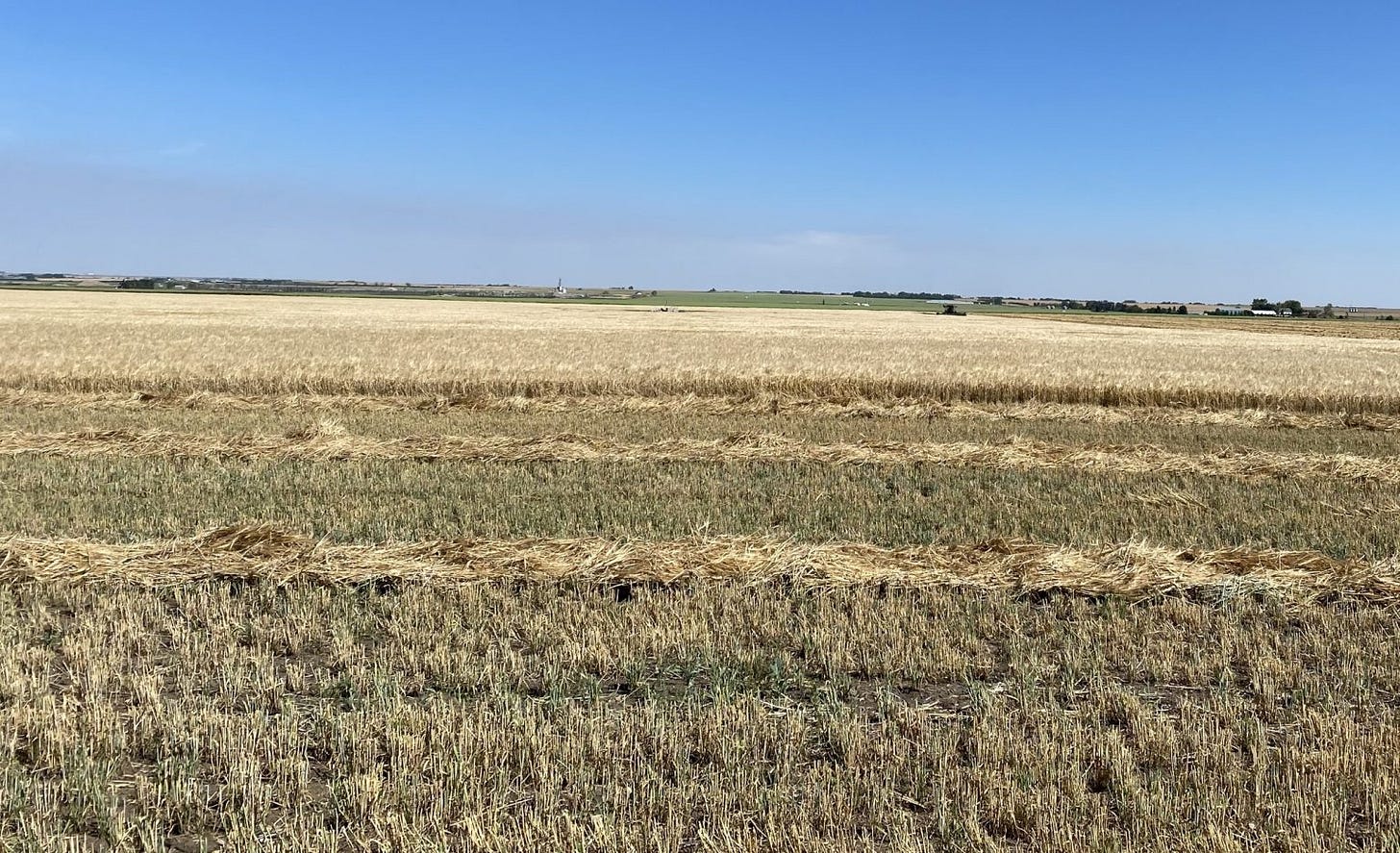NDP's Bill Seeks to Criminalize Fossil Fuel Promotion: Impact on Free Speech and Energy Debate
Bill C-372, known as the Fossil Fuel Advertising Act, has been introduced by Charlie Angus, an NDP MP. The bill aims to criminalize the "promotion" of fossil fuels, including scientifically true statements, such as the cleaner nature of burning natural gas compared to coal. The broad definition of "promotion" could encompass activities like social media posts or bumper stickers. Violating the act could lead to fines or imprisonment for individuals and stricter penalties for oil companies. The bill criminalizes arguments favoring certain fossil fuels or asserting their benefits to health, reconciliation with Indigenous peoples, or the economy. It also restricts gas stations from offering incentives like contests or loyalty cards tied to fossil fuel purchases. Despite its slim chance of passing, the bill raises concerns about limiting free speech and stifling legitimate discussions on the energy industry. Exceptions exist for artistic depictions of fossil fuels and expressions of opinion or commentary, provided specific guidelines are followed.
Premier Danielle Smith Addresses Trade Challenges and Advocates for Alberta's Energy Future in Washington Visit
Premier Danielle Smith expressed concerns about the potential challenges Canada and Alberta may face regardless of the outcome of the U.S. election. She highlighted protectionist policies from both President Joe Biden and former President Donald Trump that could harm or restrict trade with Canada. Trump proposed a 10% tariff on all imported goods, while Biden maintained tariffs and canceled the Keystone XL pipeline permit. Smith emphasized the importance of a strong U.S.-Canada relationship and is currently in Washington promoting Alberta's energy industry and environmental technologies. Despite disagreements with federal Environment Minister Steven Guilbeault, Smith aims to find common ground, particularly on issues like pipelines and the significance of Enbridge Line 5. She also sees opportunities for Canada in the natural gas sector, especially with the Biden administration's pause on new export permits for liquefied natural gas, potentially benefiting the Canadian energy market.
Conservative Leader Poilievre Unveils Tough Stance: Mandatory Minimums for Extortion Crimes Amidst Rising Threats
Pierre Poilievre, leader of the opposition in Canada, announced that if the Conservative party comes to power, they will implement mandatory minimum prison sentences for individuals convicted of extortion. Poilievre highlighted the increasing prevalence of extortion-related crimes, particularly in organized crime threats against businesses, citing incidents of violence, kidnapping, arson, and shootings in places like Surrey, B.C. He criticized the Liberal government's 2022 amendments to the Criminal Code, which repealed certain mandatory minimum penalties, including a four-year minimum for extortion with a firearm. Poilievre proposed three-year mandatory minimum sentences for extortion convictions and five years for those linked to gangs or organized crime. He emphasized the need for a stronger crackdown on gangs targeting vulnerable youth affected by economic struggles. The announcement comes amid a wave of extortion threats primarily targeting South Asian-owned businesses in multiple provinces. Poilievre asserted that his proposals are Charter proof and ruled out using the notwithstanding clause. Arson would be considered an aggravating factor in extortion cases under the Conservative plan.
Controversy Surrounding Puberty Blockers: Balancing Gender-Affirming Care with Child Safety
The article discusses the controversial practice of prescribing puberty blockers and cross-sex hormones as part of "gender-affirming care" for transgender children. These interventions, though not FDA-approved for gender dysphoria, are commonly prescribed off-label. Proponents argue that the treatments are reversible and relatively safe, but the article points to evidence of harmful long-term side effects, including adverse events reported by individuals who used similar drugs for different medical reasons. The lack of research demonstrating the benefits outweigh the risks has led to pushback in some U.S. states and other countries. Critics argue that the current approach may overdiagnose children as gender dysphoric and calls it a human experiment on vulnerable young patients, bordering on child abuse.
Alberta's Transgender Policies Spark Controversy: Unraveling the Hysteria and Exploring Legitimate Concerns
The author, a gay man on the liberal left, expresses confusion and frustration with the strong opposition to Alberta Premier Danielle Smith's policies regarding transgender minors. Smith's policies include restricting certain medical procedures for trans-identifying minors and requiring parental approval for school-related gender changes. The author criticizes the hysterical reaction from liberal, NDP, and mainstream media, questioning why reasonable policies supported by the socially liberal public are being attacked.
The author argues that automatic trans affirmation can be harmful to children who might be confused by various factors, such as their sexual orientation, autism, or social alienation. They highlight European studies and the Cass Interim Report on the UK's Tavistock youth gender clinic as sources of concern. The author questions why legitimate concerns are often mischaracterized as demonization and hate by the left, stifling meaningful discussion and undermining trust in media and government officials.
The article defends Smith's policies, emphasizing the importance of notifying parents when a child wants their school to validate their new transgender identity. The author argues against the idea of children publicly coming out before being secure in their identity and criticizes the dismissal of Smith's concerns about gender surgeries on minors as distractions.
Additionally, the author argues against ignoring biological differences in school sports teams, stating that denying girls fairness in sports goes against the Charter of Rights and Freedoms. They also support government approval of third-party teaching resources to protect children from potentially harmful materials.
The author concludes by asserting that demonizing well-intentioned citizens, like Smith, and making wild accusations destroy trust in public institutions and harm the harmony of the nation.
Mutant Wolves in Chernobyl Develop Cancer-Resilient Genomes, Unlocking Potential Insights for Human Health
Mutant wolves in the Chernobyl Exclusion Zone, exposed to high levels of radiation since the 1986 nuclear disaster, have developed cancer-resilient genomes. Researchers, led by evolutionary biologist Cara Love at Princeton University, found that these wolves exhibit immune system differences similar to cancer patients undergoing radiation treatment. The study suggests specific regions of the wolf genome are resilient to increased cancer risk, providing insights into potential gene mutations in humans that could enhance cancer survival. The research is hindered by the inability to return to the Chernobyl zone due to the COVID-19 pandemic and the Russia-Ukraine conflict
Alberta Braces for Another Dry Summer: Water Advisory Committee Formed to Tackle Drought Challenges
The provincial government is forming a water advisory committee in response to another summer of dry conditions in Alberta. Many rivers are at record low levels, and reservoirs are not meeting capacity expectations. The committee, consisting of six members, including Okotoks Mayor Tanya Thorn, aims to discuss and plan strategies for water conservation and management during drought conditions. The committee will act independently to support rural communities, farmers, and ranchers. The lack of snowfall in southern Alberta is exacerbating drought concerns, with potential water restrictions and elevated fire danger predicted. The Alberta Wilderness Association criticizes the committee for excluding environmental groups and calls for more diverse representation, including Indigenous voices. Additionally, experts warn that the mild winter may lead to locust issues for farmers, as the lack of cold snaps allows grasshopper populations to thrive. About 15 municipalities in southern Alberta declared an agricultural disaster last summer.
Federal Auditor-General Set to Release Report on ArriveCan App Amidst Controversial Allegations and Calls for Accountability
The Federal Auditor-General, Karen Hogan, is set to release a report on the controversial ArriveCan app next week. Parliamentarians walked out of a committee discussing the ArriveCan deal, describing it as "too scary." Serious allegations against Health Canada employees, revealed in a report obtained by Conservative MP Larry Brock, have prompted calls for an RCMP investigation. The report highlights issues such as outsourcing companies listing subcontractors who did no work, overly restrictive bid criteria favoring CBSA suppliers, and substantial bonuses given to Health Canada executives involved in the ArriveCan project. The article also mentions other instances of questionable spending and cronyism by the Justin Trudeau government, including the $900 million WE Charity fiasco and concerns about Sustainable Development Technology Canada's fund allocation. The author urges consequences, including potential criminal charges, for those involved in these controversies, emphasizing the need for accountability with taxpayer dollars.
Record Surge in Canadian Business Insolvencies Raises Alarms: Economic Struggles and Debt Challenges Spark Widespread Closures
In 2023, Canada experienced the highest increase in business insolvencies in 36 years, with filings reaching the highest level in 13 years. The fourth quarter saw a 35% rise in filings compared to the previous quarter and more than double the filings from the same quarter a year ago. The surge was primarily due to bankruptcies, up 75.6% year over year, especially in accommodation and food services, retail, and construction.
Various financial challenges, including higher input costs, wages, and debt servicing costs, have strained businesses since the pandemic. The debt taken on during this period has made some Canadian businesses nonviable or in need of debt restructuring. Business owners facing challenges in repaying government pandemic loans now contend with increased interest rates and monthly payments.
The weakening economy, coupled with reduced consumer spending, has added pressure on businesses. Spending in Canada per person is significantly below pre-pandemic levels, approaching levels seen in recessions. Financial difficulties, combined with potential setbacks in 2024, could force some businesses to close. Statistics Canada reported 44,236 business closures in October 2023, with retail, construction, and transportation and warehousing being the hardest-hit sectors.
Globally, bankruptcies across the G7 have increased by almost 50% from 2021 to 2023, with levels higher than predicted, especially in Canada and the United Kingdom. Oxford Economics anticipates a further double-digit increase in bankruptcies in 2024, extending into some markets in 2025, but only if the economic downturn is more severe than forecasted.












